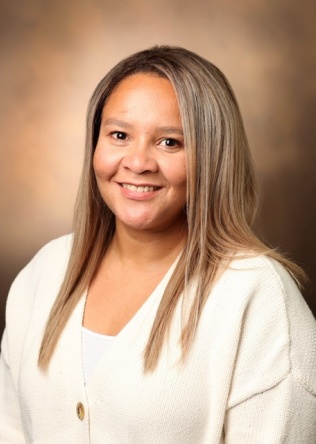N.
Dr. Light received her PhD from the University of Wisconsin-Madison, and completed post-doctoral training in clinical neuropsychology at the University of Michigan Medical School.
Clinical Interests
Clinical neuropsychological and psychological evaluation of adults with an emphasis on changes in positive affectivity, social cognition, and executive function associated with neurological disorders (such as dementia, demyelinating diseases, stroke, and traumatic brain injury) and/or psychological disorders (such as Major Depressive Disorder, bipolar disorder, and schizophrenia); and improving the assessment of affective states during the course of the traditional clinical neuropsychological assessment.
Research Interests
Research interests: Affective neuroscience and clinical neuropsychology; particularly the role of the prefrontal cortex in modulating emotional experience with foci on positively valenced emotions such as joy and social-cognitive emotions such as empathy; study of anhedonia as a transdiagnostic symptom-as it cuts across several disorders including Major Depressive Disorder, schizophrenia, Parkinson's disease, and some forms of dementia. Neuroimaging tools used to carry out this research include fMRI, rTMS, EEG, and EMG.
Recent Publications:
1. Mirabito, G., Taiwo, Z., Bezdek, M. & Light, S.N. (2019). Fronto-striatal activity predicts anhedonia and positive empathy subtypes. Brain Imaging and Behavior, DOI: https://doi.org/10.1007/s11682-019-00081-z.
2. Light, S.N., Bieliauskas, L.A., & Taylor, S. (2019). Measuring change in anhedonia using the "Happy Faces Task" pre- to post- rTMS treatment in Major Depressive Disorder (MDD). Translational Psychiatry, DOI: https://doi.org/10.1038/s41398-019-0549-8.
3. Light, S.N. (2019). The heterogeneity of empathy: Possible treatment for anhedonia? Frontiers Psychiatry, DOI: https://doi.org/10.3389/fpsyt.2019.00185.
4. Light, S.N., Moran, Z.D., Zahn-Waxler, C. & Davidson, R.J. (2019). The measurement of positive forms of empathy and their relation to hedonic capacity & other depressive symptomatology. Frontiers Psychology, DOI: https://doi.org/10.3389/fpsyg.2019.00815.
5. Taiwo, Z., Bezdek, M., Mirabito, G. & Light, S.N. (2020). Empathy for joy recruits a broader prefrontal network than empathy for sadness and is predicted by executive functioning. Neuropsychology, in press.






